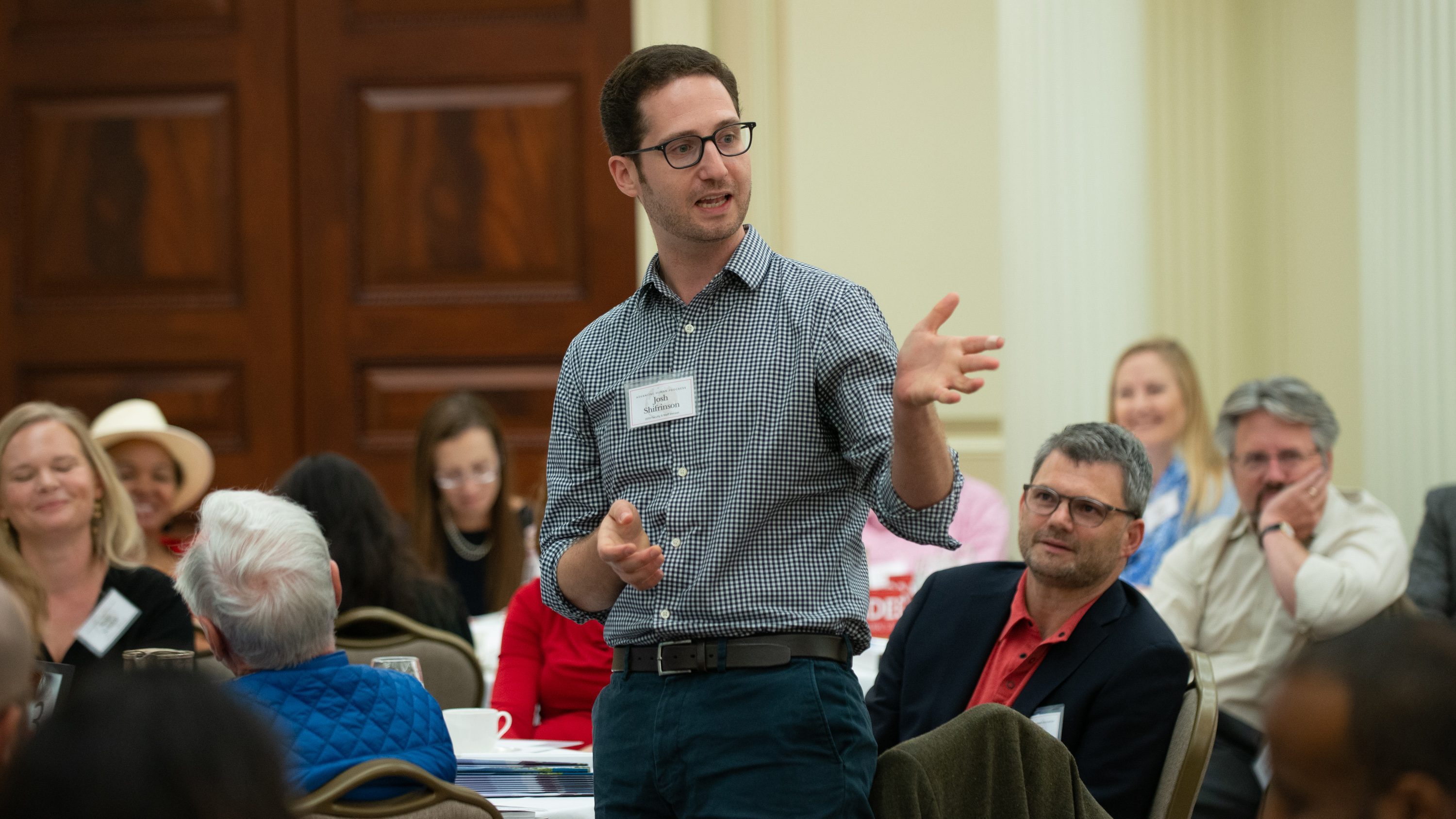Shifrinson Co-Authors Op-Ed on Global Crisis Generation

Joshua Shifrinson, Associate Professor of International Relations at the Frederick S. Pardee School of Global Studies at Boston University, published a Foreign Policy op-ed exploring intentionally manufactured international crises and the logic behind them.
The article, titled “Causing Crisis Works,” was co-authored by Shifrinson and Kelly M. Greenhill, associate professor of Political Science at Tufts University. In their piece, the two explore how weaker states use manufactured crises as a means to “help level the playing field, enhance weak actors’ credibility, increase the potency of their threats, and generally improve their bargaining position.”
Shifrinson and Greenhill discuss the logic behind these manufactured crises through the lens of three such happenings: Belarusian President Aleksandr Lukashenko’s manufactured migration border crisis, Russia’s actions against Ukraine, and North Korea’s nuclear weapons escalation. The authors argue that more powerful states need to be more proactive in diplomatic dealings with weaker states, as they will continue to escalate tensions if it means being taken seriously. Recognizing this will help prevent escalating tensions and unwanted conflict.
An excerpt:
If the crisis-generating behavior of Putin, Lukashenko, Kim, and others shares a common cause rooted in the hubris of the powerful, then a course correction by those same powerful states is in order…active and nuanced diplomatic engagement could produce fewer future crises and a much-reduced risk that international tensions will lead to insecurity spirals – let alone conflict that neither side really wants.
The full article can be read on Foreign Policy‘s website.
Joshua R. Itzkowitz Shifrinson is an Associate Professor at the Frederick S. Pardee School of Global Studies at Boston University, where his teaching and research interests focus on the intersection of international security and diplomatic history, particularly the rise and fall of great powers and the origins of grand strategy. His work has appeared with International Security, the Journal of Strategic Studies, Foreign Affairs, and other venues. Read more about Professor Shifrinson on his faculty profile.